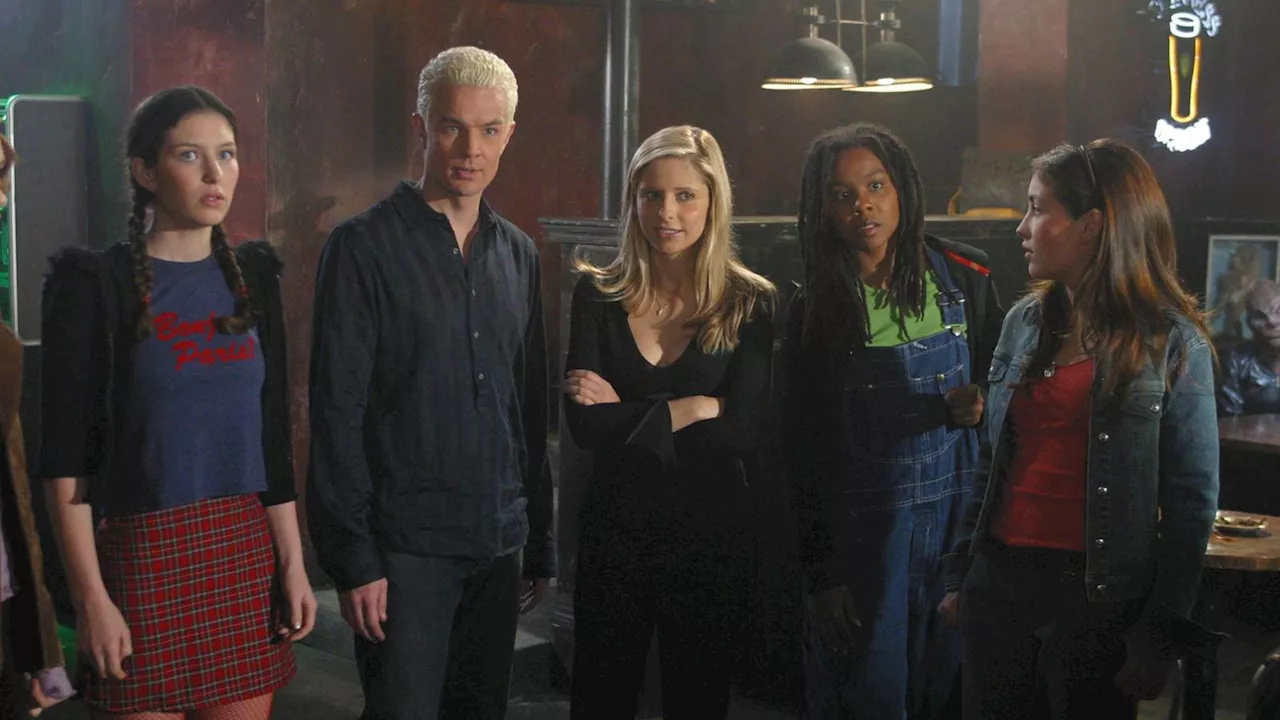UPDATE: New analysis reveals why fans of Buffy the Vampire Slayer may have misjudged Dawn Summers, the character who sparked significant controversy since her introduction in Season 5. As the debate heats up, die-hard fans are reconsidering their harsh assessments of this misunderstood character.
In a series known for its complex narratives and beloved characters, Dawn’s placement as Buffy’s little sister was met with confusion and frustration. Many viewers felt she disrupted the show’s established dynamics and labeled her as a stereotypical “bratty little sister.” However, recent commentary suggests that the backlash against Dawn may have overlooked crucial aspects of her character development.
The introduction of Dawn in the Season 5 premiere, which also featured a poorly received portrayal of Dracula, left fans disheartened. Instead of welcoming a new character, many saw Dawn as a “thorn in Buffy’s side.” The abrupt twist of Buffy having a sister was perceived as random and unnecessary, especially following a season that struggled with character dynamics after the departures of fan favorites like Angel and Cordelia Chase.
But why did viewers react so strongly against Dawn? As fans connected deeply with Buffy’s struggles and triumphs, any character that frustrated her became equally frustrating to them. The series took a darker turn in Season 6, and Dawn’s teenage angst felt out of place against the backdrop of severe adult challenges faced by the Scooby Gang.
Despite the backlash, emotional insights reveal that Dawn’s behavior reflected the trauma of losing her sister, who sacrificed herself to save the world. Viewers are reminded that her actions were not merely annoying but were a natural response to overwhelming grief. The complexities of her character arc show growth and resilience, especially in light of the challenges she faced, including the emotional fallout from Buffy’s resurrection.
Dawn’s evolution continued into Season 7, where she matured significantly, proving herself to be more than just a sidekick. Her moment of acceptance in the episode “Potential” highlights her depth and desire to contribute meaningfully to the team, even when faced with disappointment. Fans are now reconsidering whether their initial judgments were fair, recognizing that her journey mirrors the struggles many young people face.
As the fan community reexamines Dawn’s role, it raises critical questions about character perception and how growth is often overlooked in favor of immediate impressions. The backlash against Dawn may be a reflection of broader issues in fandom culture, where the focus on likability can overshadow complex storytelling.
In light of these revelations, the ongoing conversation among Buffy enthusiasts presents a unique opportunity for reflection. As fans engage with the series’ themes of growth and acceptance, they are encouraged to revisit their views on Dawn and consider the nuanced portrayal of her character.
NEXT: As the discussion continues, fans are urged to share their thoughts on social media, contributing to a growing dialogue about the significance of character development in Buffy the Vampire Slayer and beyond. The narrative surrounding Dawn Summers may very well evolve as audiences reassess what it means to be a part of the Scooby Gang.







